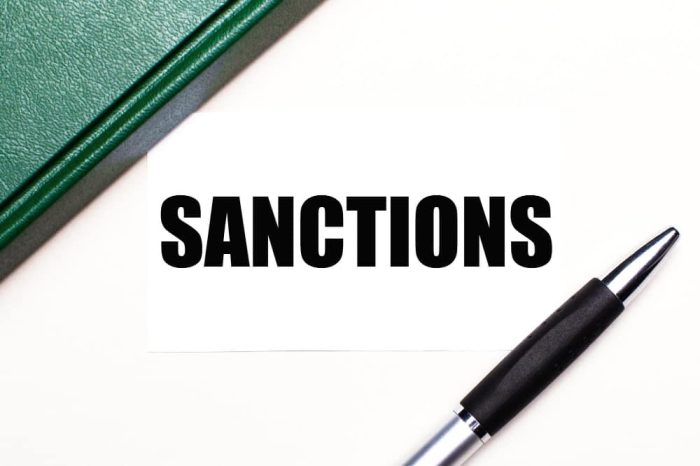Intentional and double taxation
Intentional and double taxation is a significant international legal issue that affects businesses operating across borders. It refers to the taxation of the same income or transaction by two or more countries. It can lead to a higher tax burden, reducing the profitability of the business. To address this issue, many countries have signed bilateral tax treaties, which aim to avoid double taxation and provide a framework for resolving tax disputes.
Find best lawyers for Intentional and double taxation
Issues related to Intentional and double taxation
What is Intentional and double taxation?
Intentional and double taxation is a significant international legal issue that affects businesses operating across borders. It refers to the taxation of the same income or transaction by two or more countries. It can lead to a higher tax burden, reducing the profitability of the business. To address this issue, many countries have signed bilateral tax treaties, which aim to avoid double taxation and provide a framework for resolving tax disputes.
Clients may face double taxation when their home country and the country where they are doing business impose taxes on the same income stream. This can happen when an individual has interests in both countries or when a company is. Unfortunately, the tax regulations in each country differ, so there is no universally applicable solution to this issue. There are a few considerations, though.
- To determine how the particular tax rules of your nation will apply to you, you should always consult with a certified tax specialist.
- Generally, you can claim a foreign tax credit for taxes paid in another state on income also subject to that country’s tax laws. You would pay taxes on your income in both the United States and Canada, for instance, if you earned money in both countries. However, you can deduct the Canadian taxes you paid from your U.S. taxes by claiming a foreign tax credit.
- There are a few approaches to prevent double taxes legally. One method is to settle in a country that has a tax agreement with your own. You will be able to pay taxes in only one country. Another option is to establish a business as a self-employed or independent contractor. Additionally, doing so will enable you to pay taxes in just one state. You can also start a business as an LLC or corporation, permitting you to pay taxes in just one country. Lastly, you can benefit from tax havens, jurisdictions with low or no income tax rates.


When double taxation is a crime, it’s usually considered a form of tax evasion. When a person or company intentionally tries to avoid paying taxes they owe, this is called tax evasion. This can be accomplished by concealing income, making false deduction claims, or smuggling items into the country. Tax evasion is illegal and can result in fines, prison sentences, or both. So it is not worthwhile to try to game the system! If you have any questions, talk to an accountant or tax expert, as there are many legal ways to lower your tax liability. Individuals and business owners often have More than one way to complete a taxable transaction. Tax planning evaluates various tax options to determine how to conduct business and personal transactions to reduce or eliminate your tax liability. Although they sound similar, “tax avoidance” and “tax evasion” are radically different. Tax avoidance lowers your tax bill by structuring your transactions so that you reap the most significant tax benefits. Tax avoidance is entirely legal—and extremely wise. On the other hand, tax evasion is an attempt to reduce your tax liability by deceit, fraud, or concealment. Tax evasion is a crime. How do you know when shrewd planning—tax avoidance—goes too far and crosses the line to become illegal tax evasion? Often the distinction turns upon whether actions were taken with fraudulent intent. Business owners often face more scrutiny than wage-earners with similar incomes. Why? Because a business owner has more options to avoid tax legally and illegally. Here are some of the most common criminal activities violating the tax law:
- Dpermitting-reporting or omitting income
- Keeping two sets of books and making false entries in books and records.
- Claiming false or overstated deductions on a return.
- Claiming personal expenses as business expenses.
- Hiding or transferring assets or income.
- Engaging in a “sham transaction.”
Tax avoidance requires advanced planning. Nearly all tax strategies use one (or more) techniques to structure transactions to obtain the lowest possible marginal tax rate:
Minimising taxable income,
Maximising tax deductions and tax credits
Controlling the timing of income and deductions.
Latest Articles
Tell us more about your problem.
Please give a brief description about what it is you need to talk to our lawyers about ?
Frequently Asked Questions
How does double taxation affect my business in the United Kingdom?
Double taxation affects UK businesses operating or doing business with other countries. You may have to pay tax on the same income twice in the UK and abroad, unless there is a relevant tax treaty.
How can I avoid double taxation on my business income in China?
You can avoid double taxation by taking advantage of double taxation treaties between China and your home country or by ensuring your business complies with local tax laws and regulations.











